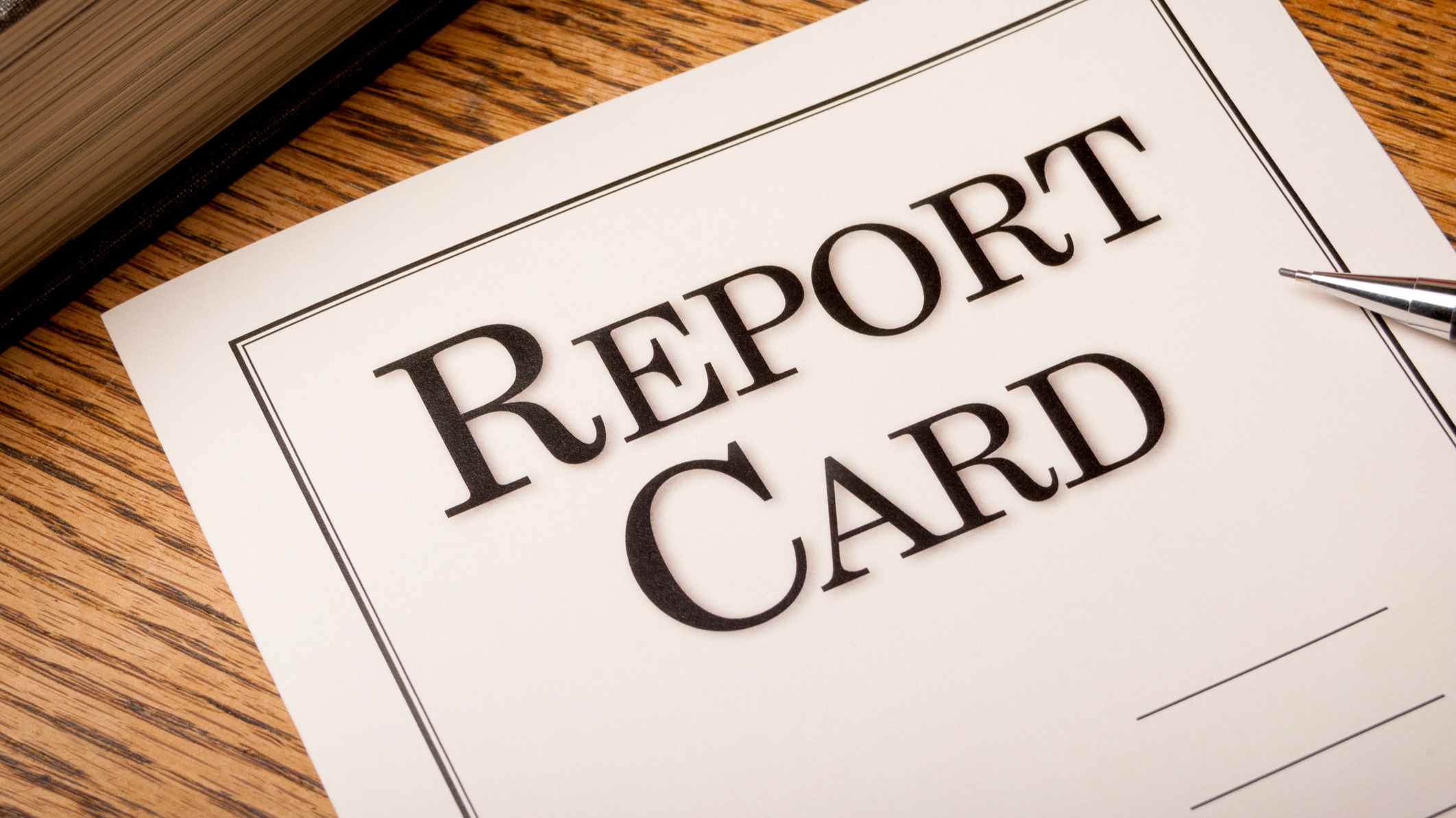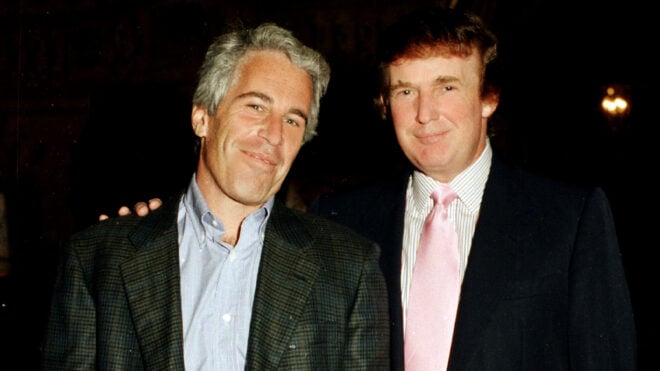
Shannon Kopp, author of Pound for Pound: A Story of One Woman’s Recovery and the Shelter Dogs Who Loved Her Back to Life, recently opened up about her father's addiction in a personal essay for TODAY.com. Within it, she detailed how a moment with her son took her back to the time when she found her dad's kindergarten report card — and everything that it taught her about his struggle with addiction. Read on for excerpts from her essay.
"When my first son was 3 years old, we moved from Los Angeles to the mountains of a small town in California. I was eight months pregnant with our second child and on a modified bedrest, but I did my best to entertain my son from the confines of a chair," Shannon wrote.
"Our first night in the mountains, he looked up at the sunset in awe and asked why the sky was changing colors: red, purple, now orange. I told him that the sky was dancing, and he began dancing, too. 'Look, Mom!' he said. 'I’m orange dancing!' He twirled and declared that he was 'red dancing' and 'purple dancing. 'I lifted my arms and danced along with him in my chair. 'Look, Mom,' he said. 'We are all the colors!'" the essay continues.
"I sat there with one hand on my belly, the other hand waving in the air, amazed at how little difference my 3-year-old son saw between himself and the sky. He could feel the reality that he was majestic and vast. He wasn’t just one thing, black or white, good or bad, this or that. He was all the colors," she wrote.
More from LittleThings: Michael Douglas Spoke On Son's Battle With Addiction: 'I Thought I Was Going To Lose Him'
"I thought of this moment again several years later, when I found my father’s kindergarten report card from 1959. A blue piece of cardstock folded in half indicated that Dad had performed well academically, with excellent marks in reading and math, but on the back of it, his teacher wrote: 'Jeffrey is over-anxious to please his teacher and … often asks how to do things he already knows how to do. He would probably be a much happier child if he could learn to be a little less serious.'"
"I knew what his teacher was saying, behind her polite cursive. My father believed he needed to be perfect to be loved," Shannon wrote. "He was ruthlessly hard on himself all the way until the end. Harsh self-talk covered up the reality of my father’s inherent worth, blinding him to the fact that he, too, was all the colors."
"My first word was 'Dada.' My father’s last word was 'water.' He pointed to a jar of small pink swabs. I took one and dipped it into a cup of ice-cold water and placed it in his mouth and moved it from one side to the other and let it rest on the inside of his right cheek. He closed his eyes and never spoke again."
"He was 69 years old when he died due to the consequences of addiction, and I was 39," she wrote. "During my late teens, when his drinking began to wreak havoc on our family, the promise of his sobriety became like a place on his desk, tropical blue water, a dream we wanted to make real. Until the final decade of his life, I stayed close to him. Dad visited a total of 23 different drug and alcohol treatment centers over the years, staying for weeks or sometimes months before checking himself out. My sister, mother and I visited him at most of the centers, where the voice of his self-criticism was 10 times louder than any words of love and forgiveness that we — or anyone — could ever say."
"Two months after Dad died, I dropped my children off at school and returned home, where my dog, a Terrier mix named Bella, greeted me with her normal celebratory dance. Bella never tried to remove any of my struggles. Instead, she made it possible for me to struggle — madly struggle in ways I never would never let another person see or know about — because her love was so pure," Shannon shared. "Later that night, I wrote in my journal, 'Gave myself space to grieve.' A few days later I wrote, 'Made a mistake at work, told myself it was OK.' A few days after that I wrote, 'Sent out an essay even though a voice said it wasn’t good enough.' I soon realized that I was tracking moments in which I was kind to myself or rebelling against an inner voice that told me I wasn’t good enough — the same harsh voice my father’s kindergarten teacher had noted back in 1959."
"Perhaps I was jotting down these moments of self-compassion to heal my own heart, but also, certainly, for my children. Nothing seemed more important than teaching them to include themselves in the circle of kindness they extended, and that meant I needed to learn how to do so, too," she said, then later detailing what happened when she showed her oldest son her journal. "I grabbed my journal and showed them the list. My eldest son, the one who danced with the sky and said we were all the colors, was now 6. He studied the page like a treasure map, tracking the words with his fingers. 'Wow, Mom. You were really kind to yourself,' he said. 'Thanks, honey,' I said. 'I’m learning to do it more and more.'"




